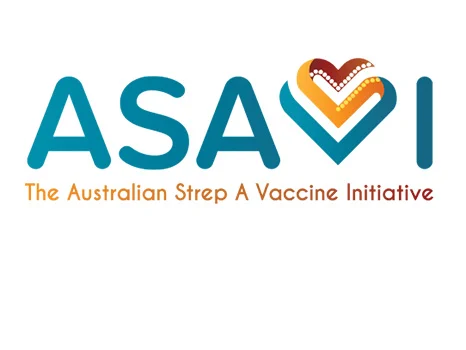Search
Quantification of the disease burden caused by different risks informs prevention by providing an account of health loss different to that provided by a...
In Australia, rheumatic heart disease (RHD) is almost exclusively restricted to Aboriginal Australian and Torres Strait Islander people with children being...
Globally, ARF and RHD cause more than a quarter of a million deaths and substantial disability each year.

Institute Director; Head, Strep A Translation; Co-Founder of REACH

ARC is a global network of collaborators committed to reducing the burden of RHD in our lifetime.

The Australian Strep A Vaccine Initiative (ASAVI) is an Australian-led global initiative with the goal of reducing the disease burden caused by Group A Streptococcus (Strep A) infection through effective vaccination.
The key objective of this study is to collect data about patient and clinician preferences about reformulations.
This project will use a multi-jurisdictional linked RHD dataset to establish a baseline burden of RHD in Australia to allow for monitoring the impact of burden over time, and to form the basis of clearly defined targets for the END RHD CRE Endgame Strategy.
Aims: To determine the minimum inhibitory concentrations of penicillin G against a representative collection of Strep A strains; and to evaluate the impact of penicillin G concentration and size of bacterial inoculum on the prophylactic effect for Strep A strains
This project aims to develop a longer acting formulation of penicillin, such that frequency of the injection can be increased up to 3-6 months.
